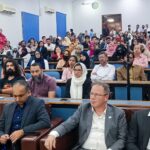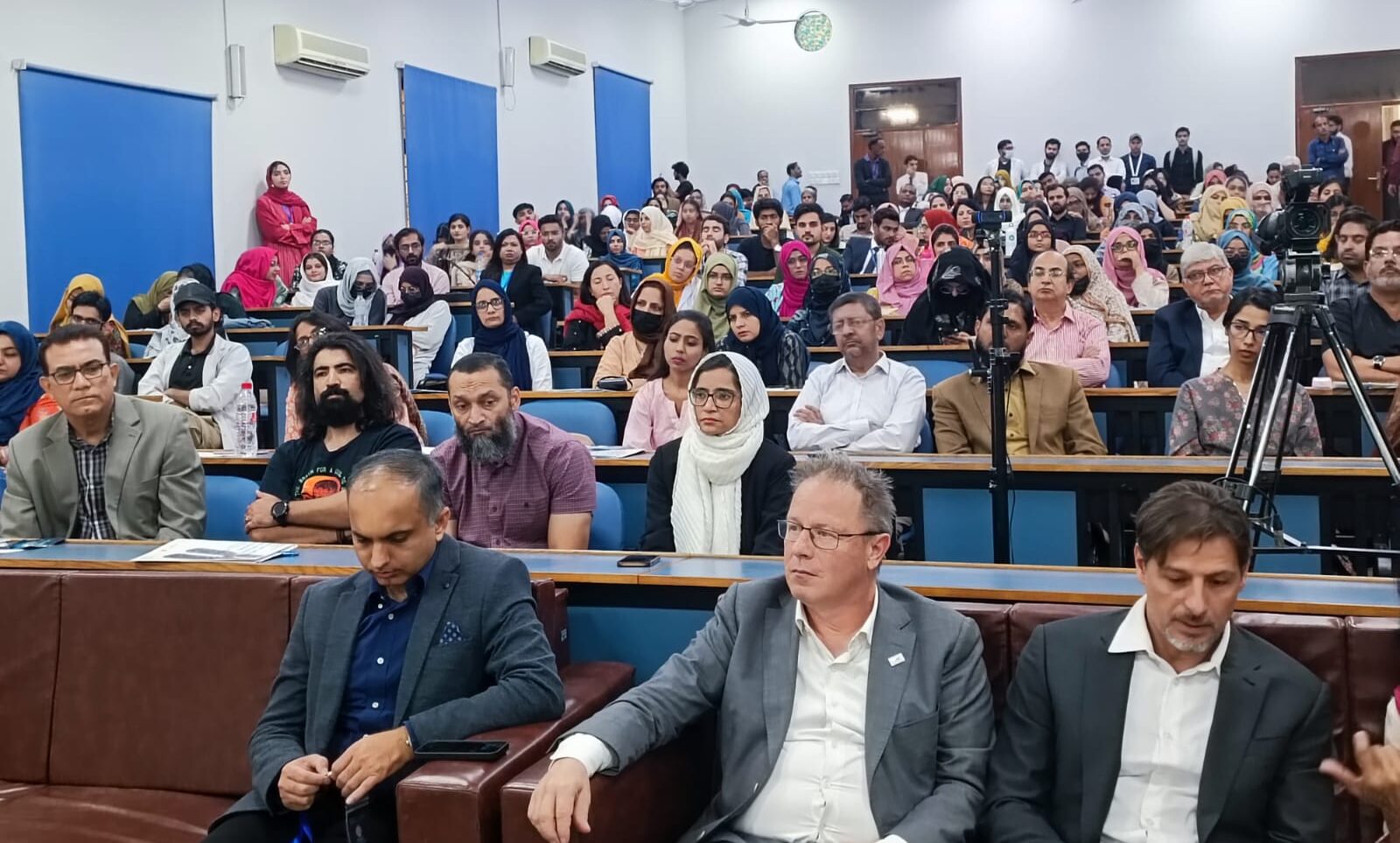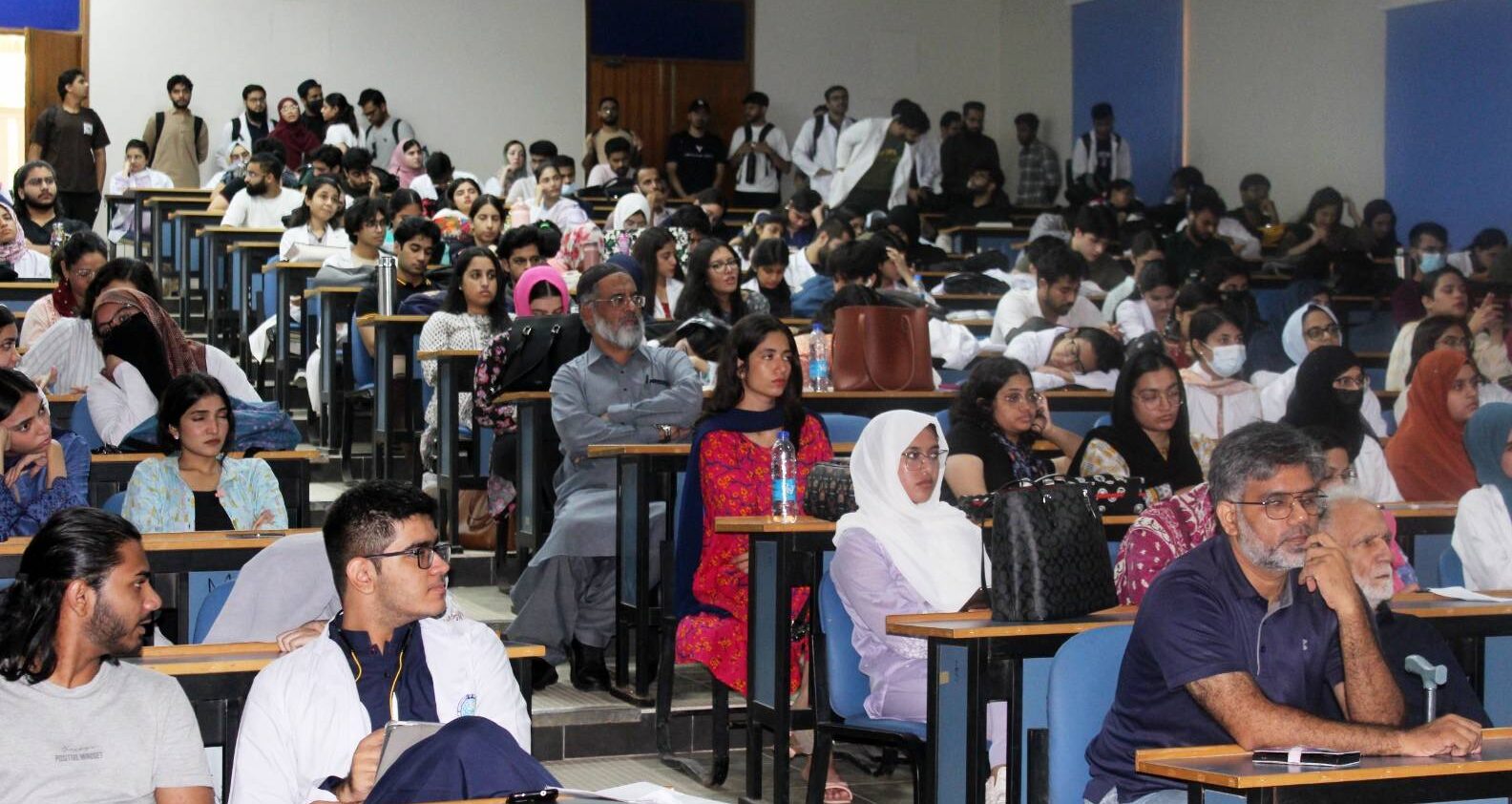KARACHI, November 26, 2024: Pakistan’s high prevalence of cousin marriages, exceeding 65%, is a major contributor to genetic disorders in the country, experts revealed at the Swiss-Pakistan workshop on “Genomic Disorders and Recessive Disorders” held at Dow University of Health Sciences.
The event, hosted at Dr. Abdul Qadeer Khan Auditorium, Dow International Medical College, brought together Pakistani and Swiss researchers to discuss the impact of consanguineous marriages on public health. Organized by the Dow College of Biotechnology, the workshop featured prominent figures including Vice Chancellor Prof. Muhammad Saeed Quraishy, Chief Guest Prof. Dr. Atta-ur-Rahman, and Swiss experts such as Prof. Stylianos E. Antonarakis from the University of Geneva.
Prof. Quraishy highlighted that cousin marriages are deeply rooted in Pakistan’s cultural and social practices, often reaching as high as 85% in some ethnic groups. While these practices may have social and economic advantages, their biological consequences include a rise in recessive and dominant genetic disorders.
Swiss expert Prof. Antonarakis emphasized the need for advanced genetic research, noting that while 2,980 recessive disease genes are currently known, thousands remain unidentified. He stressed that consanguineous marriages increase the risk of genetic disorders, with spouses carrying an average of 55 rare homozygous variants.
Dr. Federico Santoni from the University Hospital of Lausanne presented research on premature infants, detailing complications such as neurodevelopmental disorders and their long-term health impacts. He linked these findings to global health challenges, including those seen in Pakistan.
Assistant Prof. Ambrin Fatima from Aga Khan University detailed the alarming statistics of genetic disorders in Pakistan, citing a 6% carrier frequency of thalassemia and a significant prevalence of microcephaly. She called for greater attention to genetic diseases in the country’s healthcare policies, which are currently focused on infectious diseases and malnutrition.
Chief Guest Prof. Dr. Atta-ur-Rahman stressed the importance of knowledge-driven progress, drawing parallels to China’s rapid advancements in science and technology. He applauded ongoing genetic research efforts in Pakistan despite financial and infrastructural challenges.
The workshop concluded with cultural mementos presented to the esteemed speakers and guests, underscoring the importance of global collaboration in addressing genetic health challenges.


























































































































































































































































































